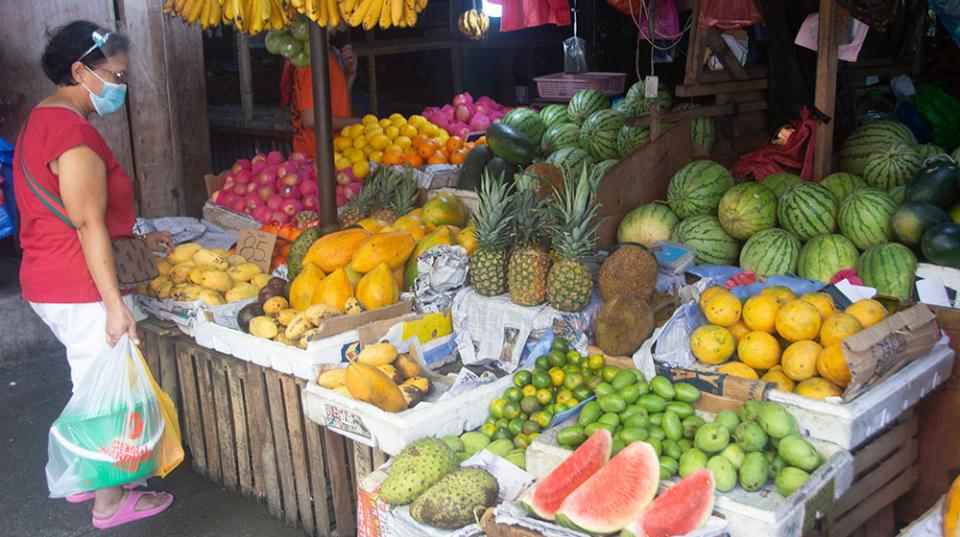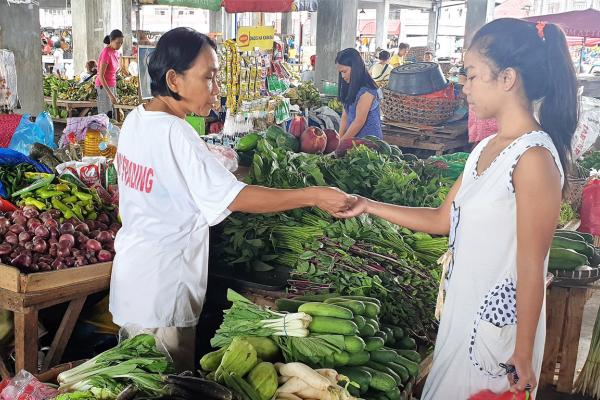Overview
This project aims to enhance the design, implementation and adoption of inclusive value chains in smallholder farming systems in the Philippines by exploring roles, conditions and specific value chain interventions that improve engagement and benefit the livelihoods of farmers, their communities and their chain partners.
The inclusion of smallholder farmers in value chains has been long been recognised as a pathway to sustainable development of rural communities. By connecting smallholders to well-functioning markets, and the food systems and value chains within them, benefits will be accessed by the poor as well as producers, consumers and employees.
The sustainability of value chain initiatives has been raised as a limiting factor to achieving outcomes from other research for development (R4D) projects. This can be observed in the Philippines, where farmers lose confidence once projects are completed. This project has identified the need to conduct farming system analysis (FSA) alongside community resource assessment to better understand the conditions that farmers and their communities face that influence their capacity to engage in value chains. The intent is to provide value chain stakeholders with the supporting environment that will sustain initiatives and motivation, past the project’s life.
Our knowledge of the processes by which inclusive value chains develop and deliver benefits to the various stakeholders in a chain is still limited. There are many case studies that describe aspects of inclusion in value chains, but the core operating principles (or ‘models’) have not been adequately extracted and articulated such that they enable others (practitioners, policy makers, researchers, business) to implement these within their context. As a result, inclusive value chains is perceived to be a complex and abstract concept. This project will untangle the complexity of inclusion by understanding the conditions and roles of various value chain stakeholders, and exploring specific interventions that enhance the design, implementation and institutionalisation of inclusive value chain development across smallholder farming systems in the Philippines.
Project outcomes
- Improving smallholder farmers and agribusinesses that are directly engaged in the project incomes through involvement in inclusive value chains.
- Smallholder farmers that are directly engaged in the project increase on-farm investment.
- Smallholder farmers and agribusinesses engaged in the project demonstrate enhanced adaptability and capacity to recover from shocks.
- Smallholder farming communities engaged in the project see an increase in entrepreneurial activity.
- Policy makers, research institutions, regional development councils and other institutions apply inclusive value chain principles and practices.






